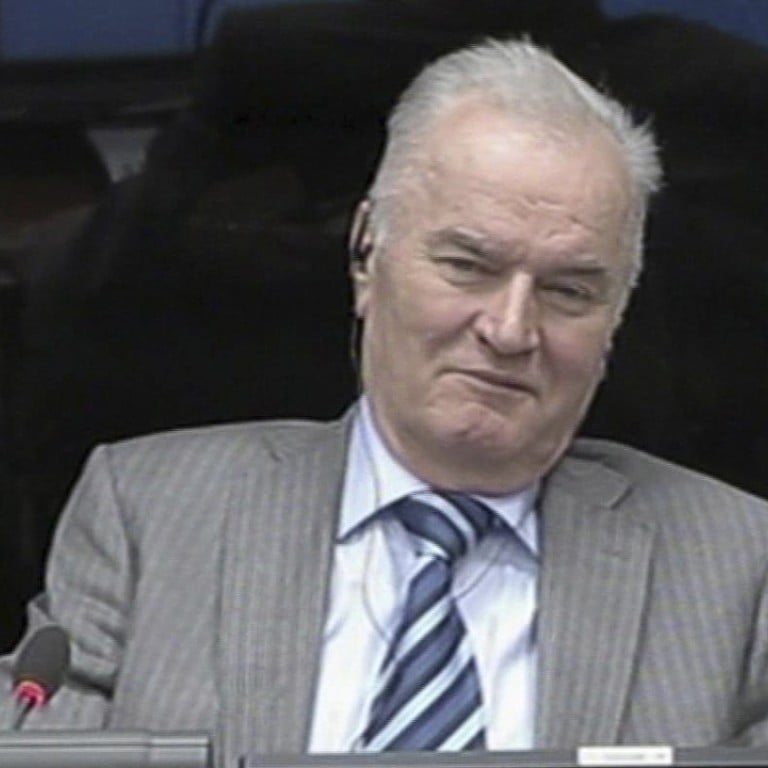
Inside 160-square-foot UN prison cell where ‘Butcher of Bosnia’ Ratko Mladic awaits fate for war crimes and genocide
Each inmate gets a private cell, equipped with a single bed, shelves, a table and chair, toilet and washbasin. Even though a computer is provided, there is no internet access.
For the past six years, home for the man who once commanded fear across a swathe of Bosnia has been a small, spartan cell in a UN prison, close to the dunes and the stormy North Sea.
In the imposing jail, part of a Dutch prison complex in the seaside resort of Scheveningen, Ratko Mladic, accused of genocide as well as crimes against humanity and war crimes, has been free to walk his corridor during daylight hours.
But for two hours in the afternoon and every night, the man once dubbed “The Butcher of Bosnia” must return to his 160-square-foot cell to be locked in until the next morning.
Lawyers say failing health has now forced the 74-year-old to take to his single bed, spending hours tucked under blue sheets, as he awaits Wednesday’s verdict by UN war crimes judges on 11 charges for his role in the 1990s Balkans war.
The former Bosnian Serb military commander, who has denied all the charges, has had some notable company in the prison since he was captured in 2011 after 16 years on the run and handed over to the International Criminal Tribunal for the former Yugoslavia (ICTY) in The Hague.
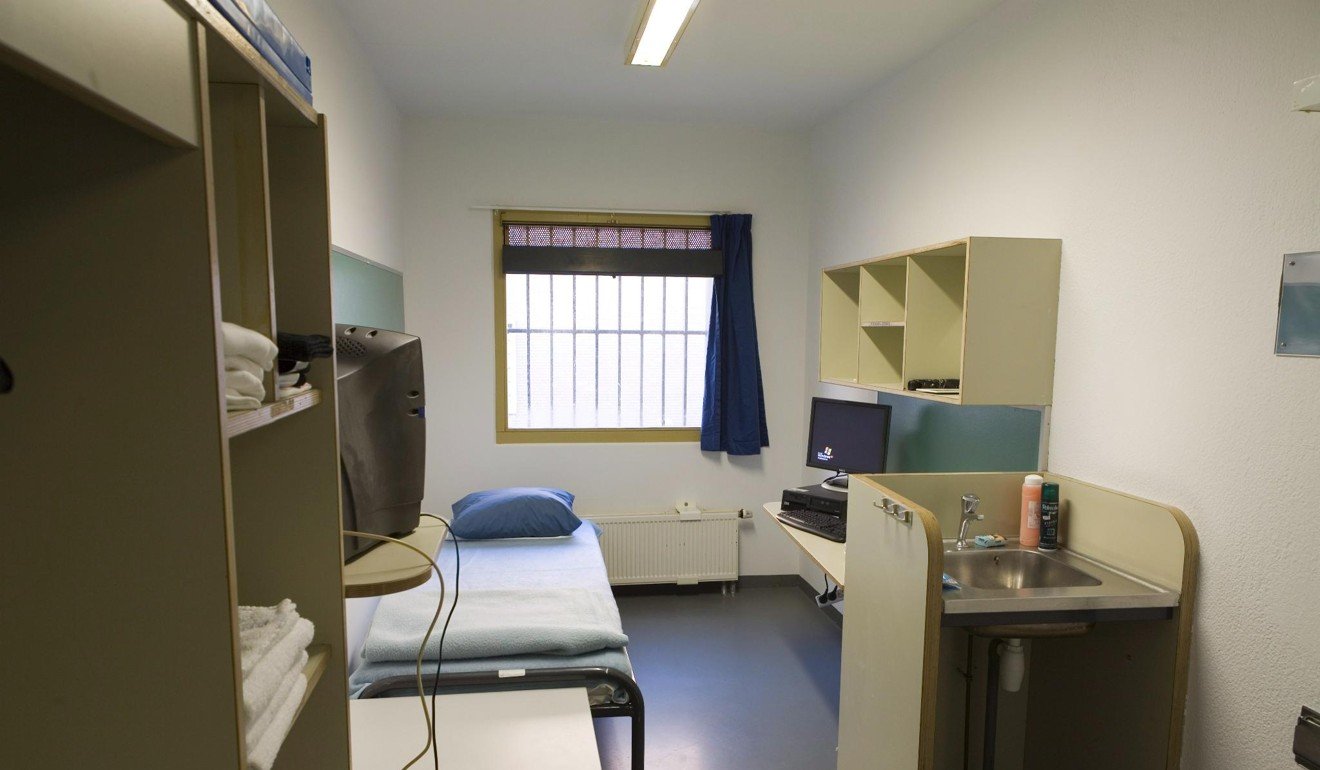
Long an avid fan of chess, he would often play against his former Bosnian Serbian political alter-ego Radovan Karadzic, also in the jail awaiting the start of his appeal against his 40-year jail term imposed in 2016.
There are eight other ICTY defendants still housed in the prison either awaiting an appeal or to be transferred to other countries to serve out their sentences, including former Bosnian Croat leader Jadranko Prlic.
Mladic can also peruse the newspapers from the former Yugoslav republic which are provided, and used to like to cook simple meals in a common area.
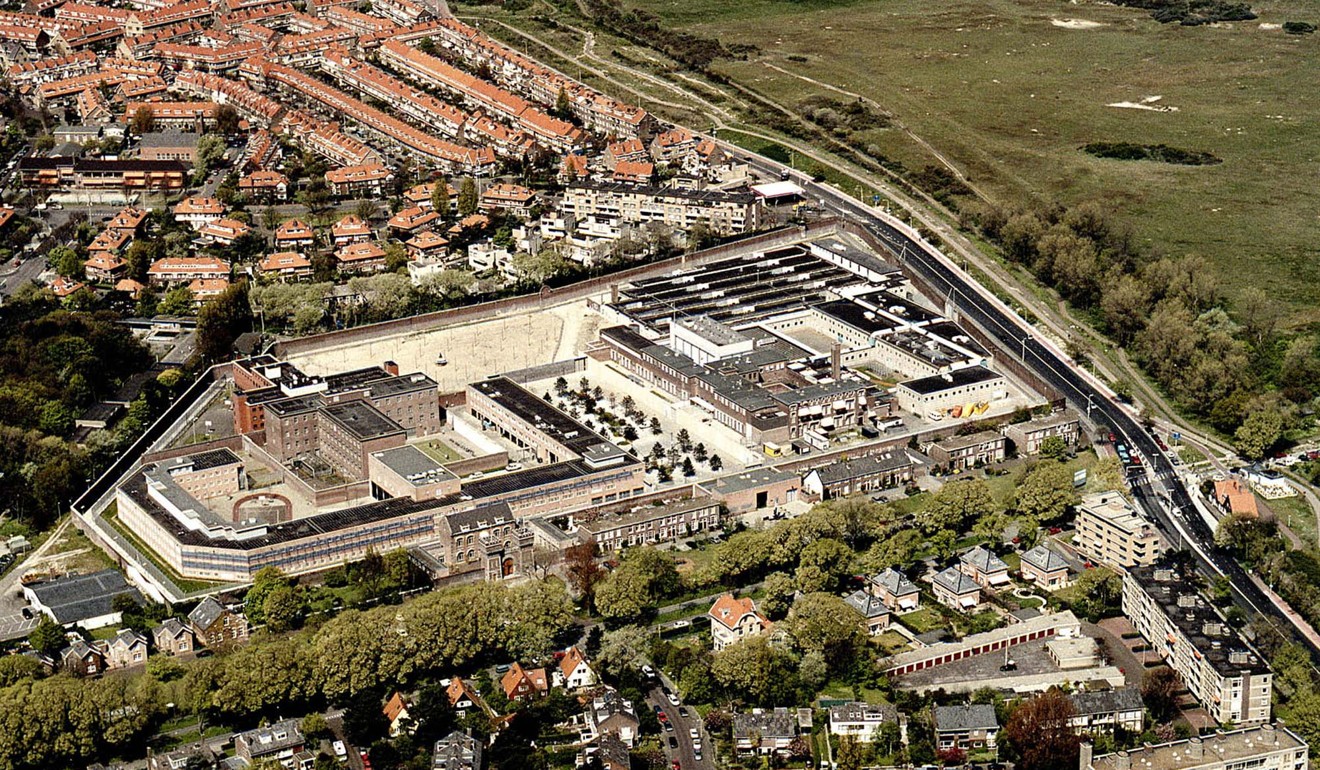
Initially his health had improved after years on the run. But he has suffered three strokes, which have caused rapid mood swings, occasionally even leading to courtroom outbursts.
His ill-health has left him with “part paralysis of the entire right side of his body,” lawyer Dragan Ivetic said.
While there are strict confidentiality rules, Ivetic revealed he has heard that in recent months Mladic “spends much of his time in bed fatigued and trying to sleep”.
“He also has cut short attorney visits and visits with his family complaining of fatigue and the need to rest,” he said.
The partial paralysis “makes it very difficult for him to participate in recreational cooking,” although Mladic does “prepare basic meals for himself, with the assistance of other detainees”.
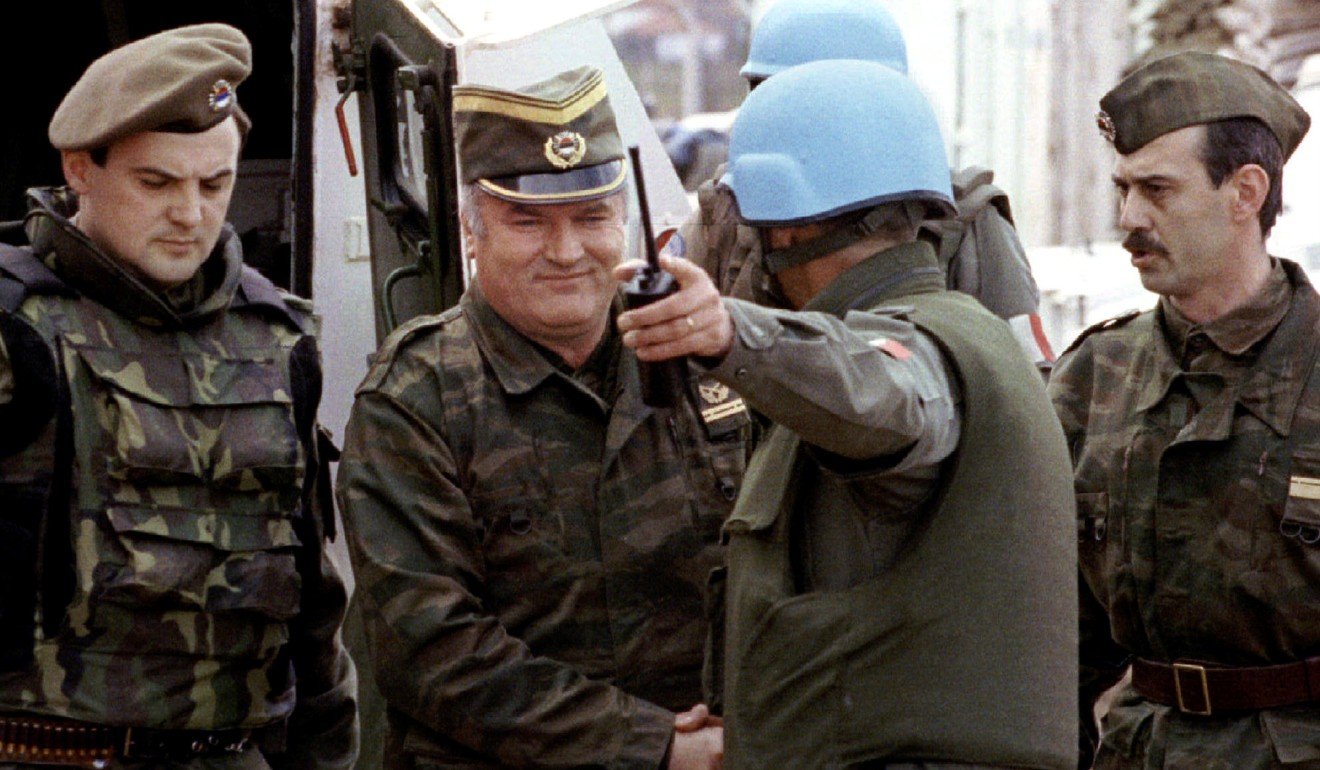
While in the past Mladic played chess with other detainees, staff and visitors “the frequency of such recreational activities have decreased as his health has further deteriorated,” Ivetic added.
Although the detainees are expected to clean their rooms and common areas, guards said Mladic “requires assistance in cleaning his cell”.
The prison can hold up to 52 detainees at once. More than 100 people have been held there since it opened in 1995.
They each have a private cell, equipped with a single bed, shelves, a table and chair, toilet and washbasin. Even though a computer is provided, there is no internet access, although there is satellite television in the common areas.
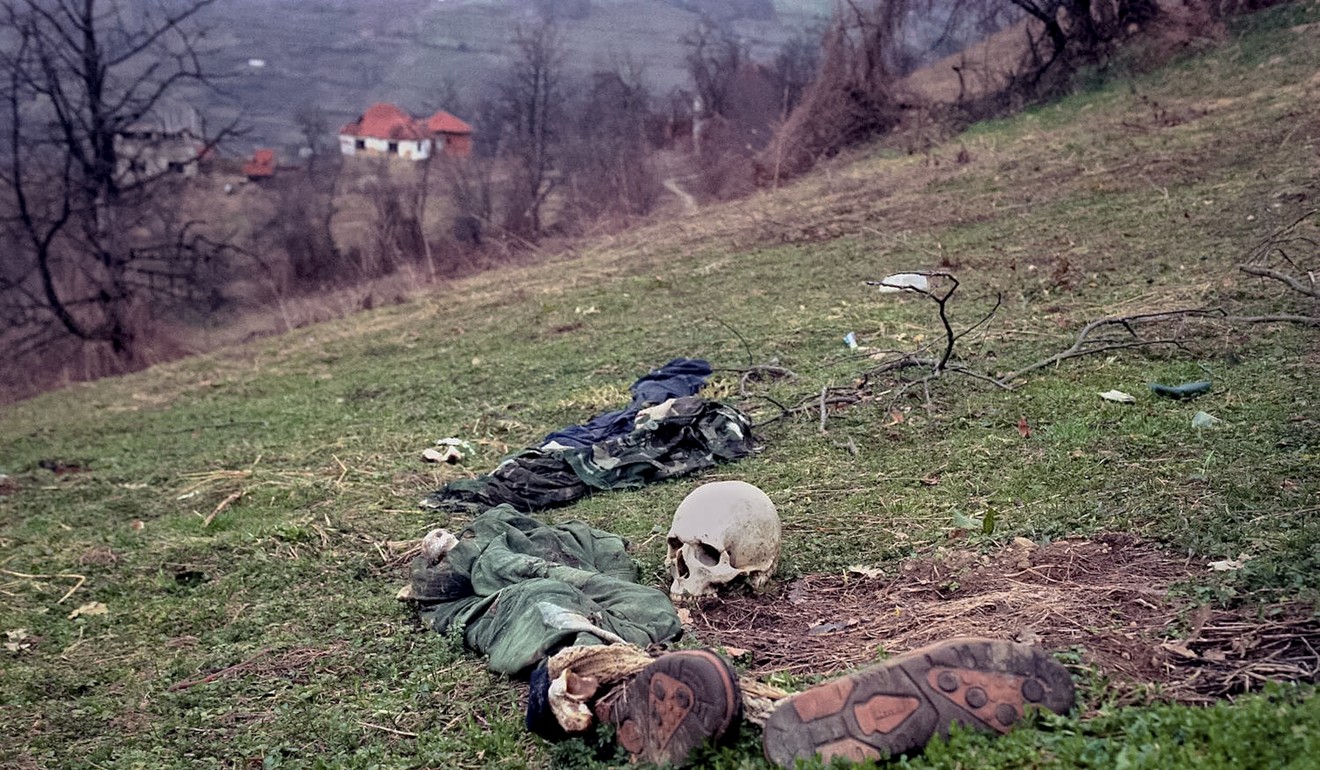
Mladic himself “does not talk much about the upcoming judgment,” despite a recent flurry of defence motions seeking to postpone the verdict and allow visits by Russian and Serbian doctors, Ivetic said.
Prosecutors have demanded a life sentence, while the defence has called for an acquittal.
Mladic’s defence team has said he could “die at any moment” with a doctor warning this week he runs an “extremely high risk of another stroke, another heart attack, sudden death”.
His lawyers even doubt “whether he can meaningfully comprehend and participate in the judgment,” Ivetic added.

.png?itok=arIb17P0)